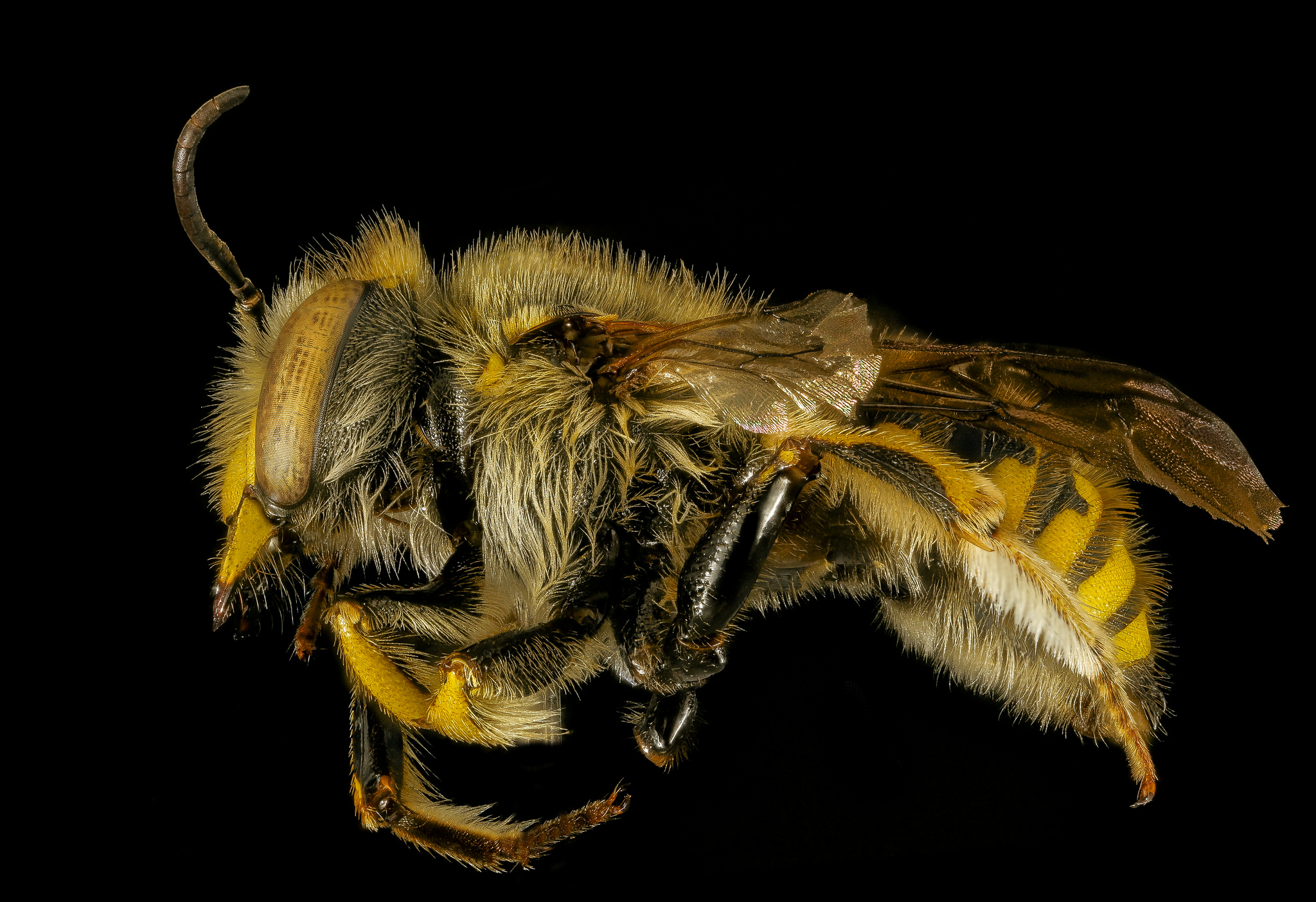As students in the University of Maryland advocacy group MaryPIRG work to raise awareness of the declining bee population, they’ve been taken aback by the amount of support they’ve received.
So far, the “Save the Bees” campaign, one of the group’s initiatives this year, has collected more than 700 signatures to be sent to the U.S. Environmental Protection Agency at the end of this semester, and whenever MaryPIRG intern Imani McNealy-Ragoobar has approached students for support, she said, she’s been pleasantly surprised by the general reaction.
“A lot more people are knowledgeable about this issue than you would think,” said the freshman, who is enrolled in letters and sciences. “So many times when you have a table and you’re saying, ‘Hey, do you have a second to help us save the bees? All you have to do is sign this petition,’ most people are very on board with that.”
Even people who aren’t aware of the rapid decline of bees at least know about the insects’ importance in the ecosystem, McNealy-Ragoobar said.
Bee populations have fallen drastically in past years, especially in Maryland, leading to uncertainty about some sources of food that depend on pollination by bees.
“They pollinate 71 out of the 100 major crops we eat, and those 100 major crops provide 90 percent of the world’s food,” said Morgan Folger, a senior English and environmental science and policy major and “Save the Bees” campaign coordinator.
Several factors, like climate change and habitat loss, contribute to the bees’ decline, but MaryPIRG is focusing on the threat posed by neonicotinoid neurotoxins, commonly found in pesticides made by The Dow Chemical Company, Bayer and Syngenta, Folger said. These chemicals impair bees’ functioning and are thought to be killing them.
The Maryland Senate recently passed a bill restricting the use of neonicotinoids. However, farmers are still allowed to use them on their crops, and the bill exempted many products known to contain neonicotinoids, such as pet shampoos that kill fleas and ticks, according to WAMU.
“We’re working [to gather] support for the issue so we can sort of present how much concern is present for the dilemma that’s taking place to the EPA,” said the campaign’s grassroots coordinator Deanna Stephen, a freshman enrolled in letters and sciences. “Hopefully if it gets to the EPA, if we continue with our progress, [the agency] will take it from there to ban the use of neonicotinoids.”
The campaign, which Folger said involves 30 students, is using photos to raise visibility in addition to collecting signatures.
“After we’ve had one of our visibility tables where we get lots of students to take photos with our props, we post all the photos online and tag the EPA in them so it’s visible on social media,” Folger said.
Even if students react positively to bees, the insects still hold a largely negative connotation in the popular imagination. Stephen said MaryPIRG hopes to change that.
“When people think of bees, they think of them as a nuisance, and I really hope that the perspective of bees are generally changed because they’re so essential to our entire world,” Stephen said.
MaryPIRG is not the only student group to take action in protecting the bees; Folger said they’re “forming a bee coalition” including the SGA Student Sustainability Committee, the Beekeeping Club at UMD and a couple other groups on the campus that are working to help the bees in different ways.
“One of the most important things that people can do … [is] planting pollinator gardens or having some sort of flowers or plants that can help attract bees,” McNealy-Ragoobar said. “Just having a small backyard garden, that’s a really effective way to make a difference if you feel like signing a petition is not enough.”



